Summaries of books about Science & Math:
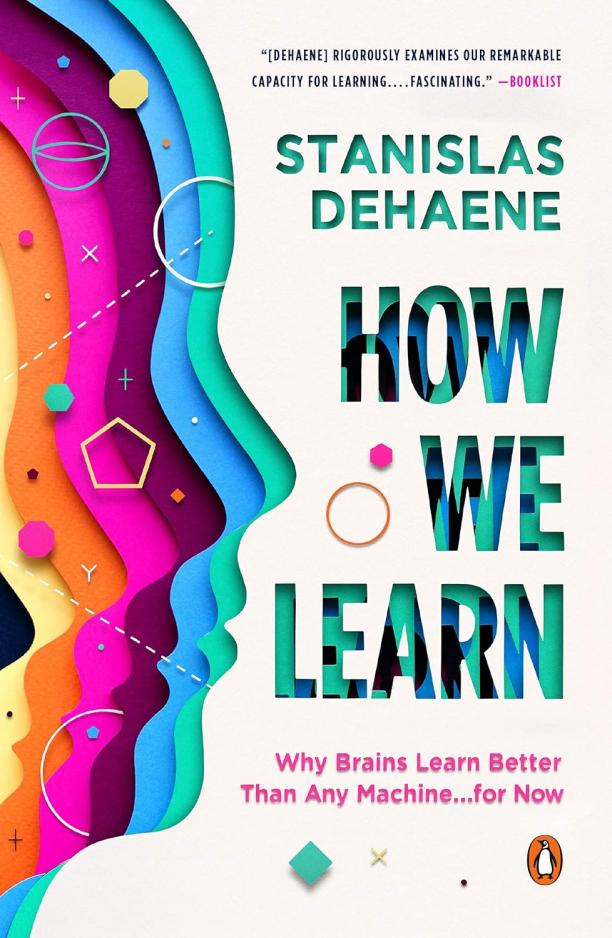
How We Learn
Why Brains Learn Better Than Any Machine . . . for Now
Stanislas Dehaene
The book delves into the cognitive science of learning, exploring the four pillars of learning—attention, active engagement, error feedback, and consolidation—and how these processes are rooted in brain function. It contrasts human learning capabilities with current machine learning technologies, highlighting the unique and sophisticated ways in which our brains adapt and acquire new information.
See full summary
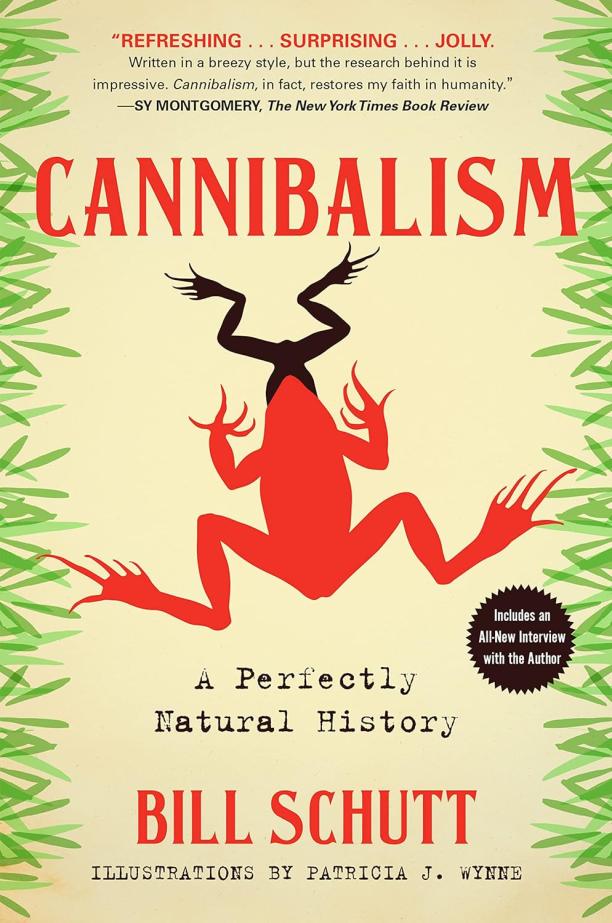
Cannibalism
A Perfectly Natural History
Bill Schutt
The book explores the natural history of cannibalism among various species, debunking myths and discussing its evolutionary advantages. It examines both the biological reasons and the cultural aspects of cannibalism in animals and humans throughout history.
See full summary

Black Hole Survival Guide
Janna Levin
The book explores the fascinating physics and profound implications of black holes, blending scientific accuracy with accessible explanations to demystify these cosmic phenomena. It delves into their formation, the warping of spacetime, and the theoretical journey inside a black hole, offering insights into one of the universe's most enigmatic subjects.
See full summary
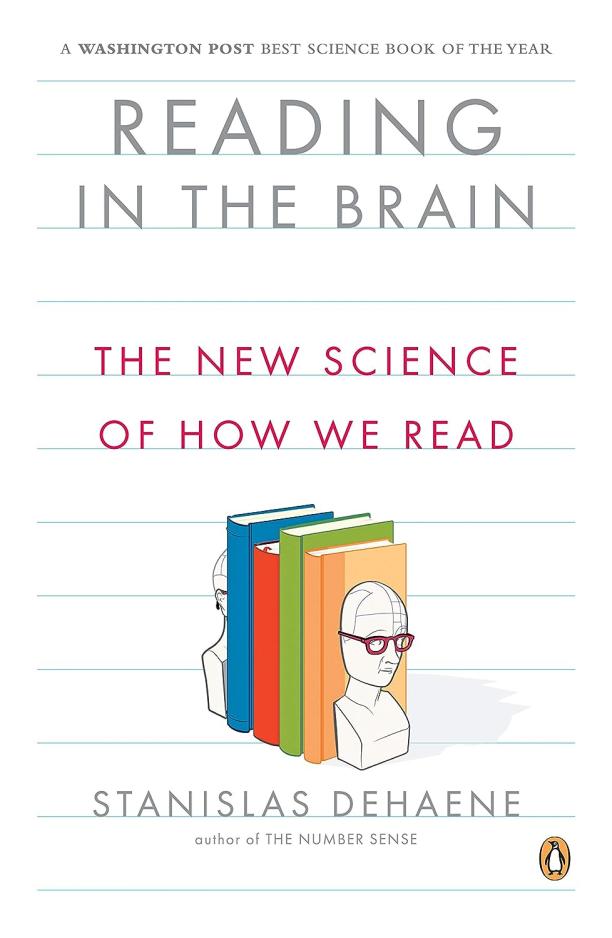
Reading in the Brain
The New Science of How We Read
Stanislas Dehaene
The book explores the cognitive science behind reading, discussing how the human brain deciphers written language through a combination of psychological experiments, neuroimaging studies, and insights from linguistics. It delves into the brain's evolution for literacy, the neurological basis for reading disorders, and the implications for teaching and technology in reading.
See full summary
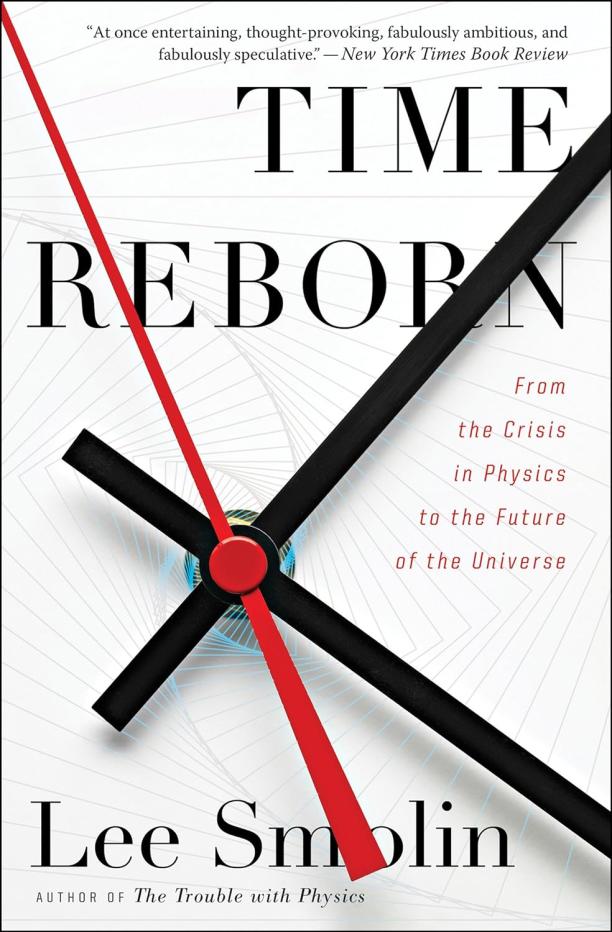
Time Reborn
From the Crisis in Physics to the Future of the Universe
Lee Smolin
The book challenges the prevailing notion that time is an illusion in physics, arguing instead for its reality and fundamental role in the laws of the universe. It proposes a radical new cosmological theory where time is true and eternal, influencing the laws of nature and potentially leading to a more comprehensive understanding of reality.
See full summary
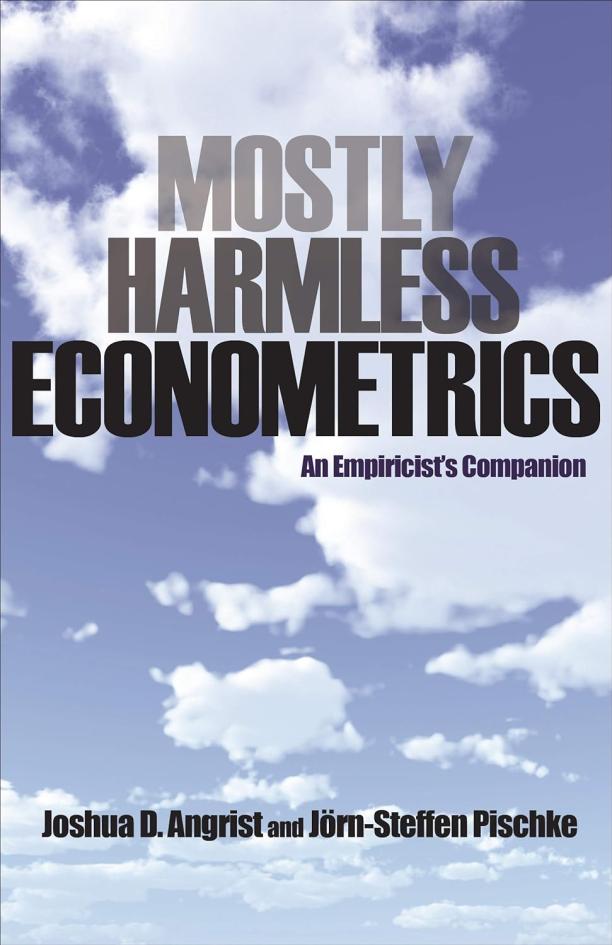
Mostly Harmless Econometrics
An Empiricist's Companion
Joshua D. Angrist|Jörn-Steffen Pischke
The book provides a practical guide to econometric methods, particularly for researchers conducting empirical work in economics. It emphasizes the use of causal inference and natural experiments in policy evaluation and social science research, offering clear explanations and real-world examples.
See full summary
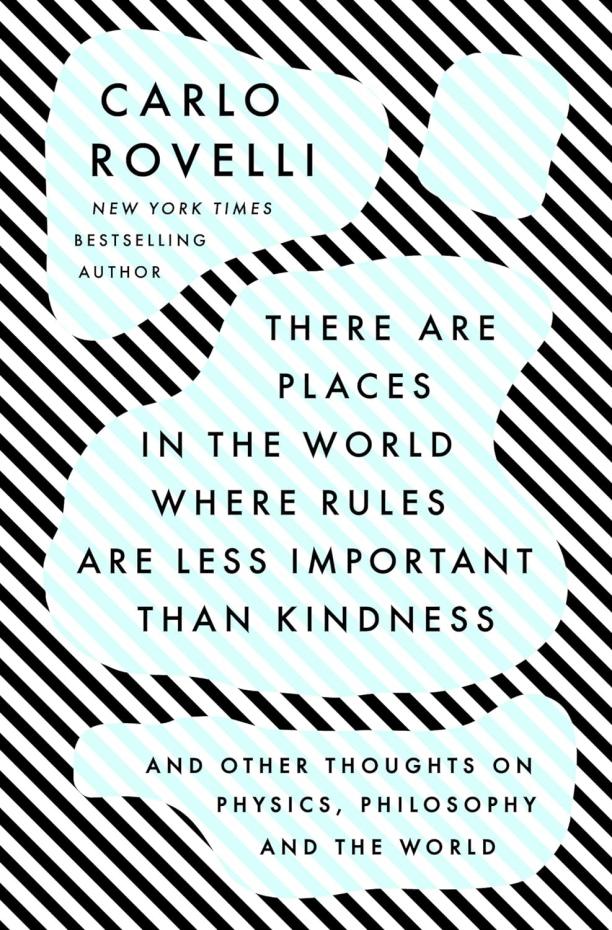
There Are Places in the World Where Rules Are Less Important Than Kindness
And Other Thoughts on Physics, Philosophy and the World
Carlo Rovelli
The book is a collection of essays that explore a wide range of topics, from the nature of time and the universe to the importance of human connections and ethics. It blends scientific insight with philosophical reflections, emphasizing the significance of kindness and curiosity in understanding the world and our place within it.
See full summary
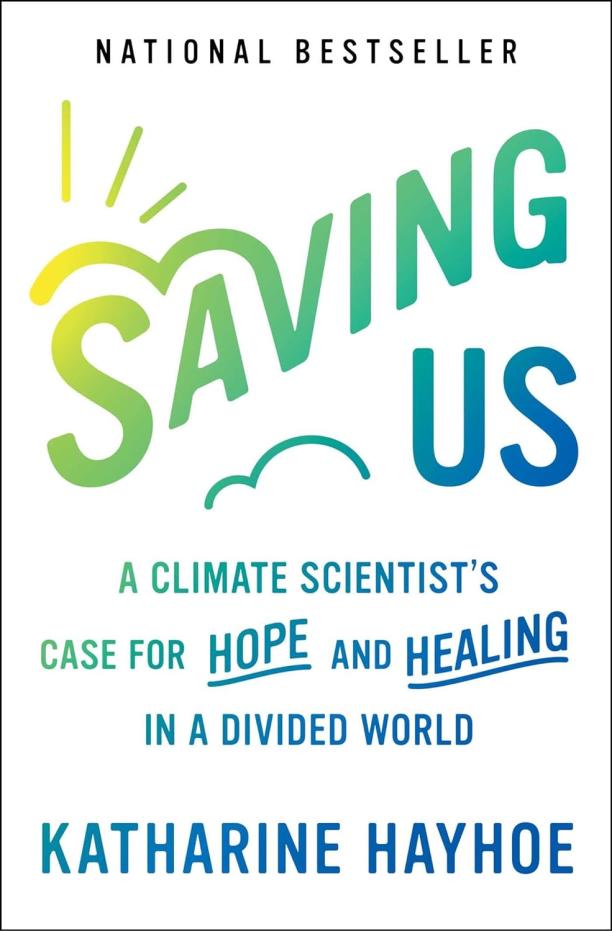
Saving Us
A Climate Scientist's Case for Hope and Healing in a Divided World
Katharine Hayhoe
The book presents an engaging exploration of how to bridge the divide on climate change issues by finding common ground and engaging in meaningful conversations. It combines personal stories with scientific insights to inspire collective action towards environmental solutions.
See full summary

Rust
The Longest War
Jonathan Waldman
The book delves into the pervasive issue of corrosion, exploring how rust impacts everything from infrastructure and transportation to food cans and art. It combines investigative journalism with scientific explanation to reveal the costly battles against rust and the people dedicated to controlling this relentless force of nature.
See full summary
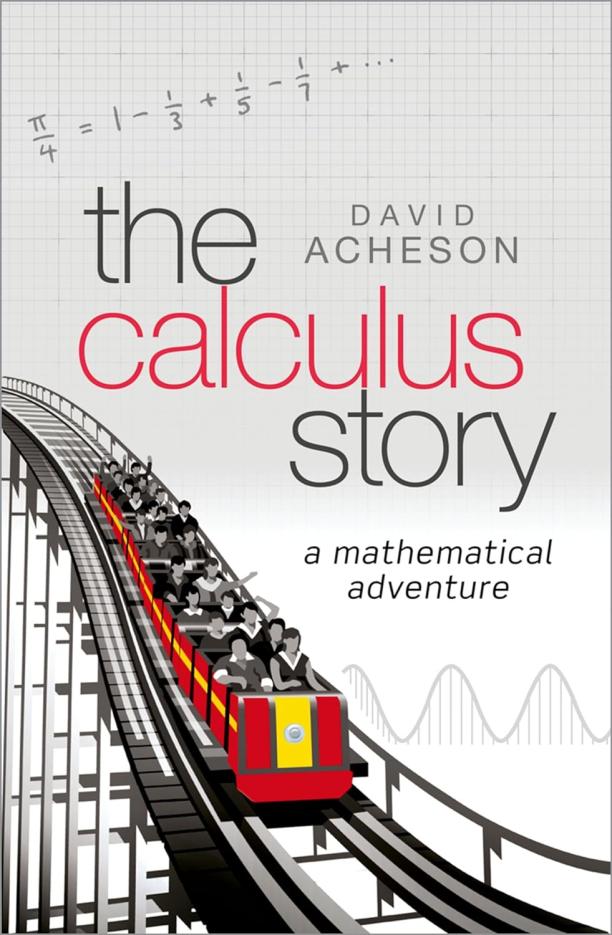
The Calculus Story
A Mathematical Adventure
David Acheson
The book provides an engaging overview of calculus, tracing its historical development and illustrating its profound impact on science and technology. It simplifies complex concepts into accessible explanations, demonstrating calculus's relevance through real-world applications and anecdotes.
See full summary